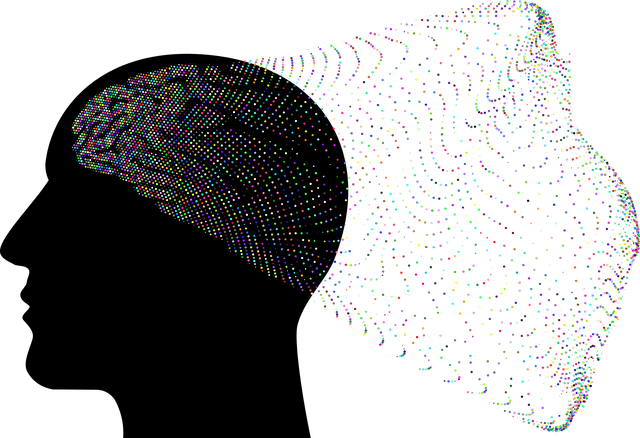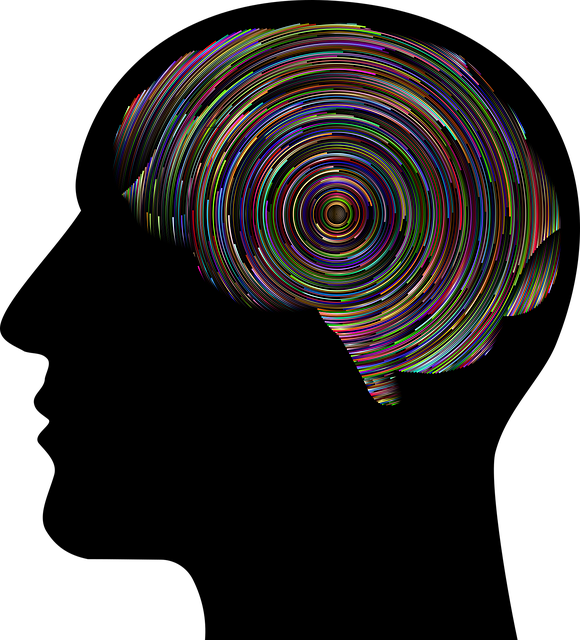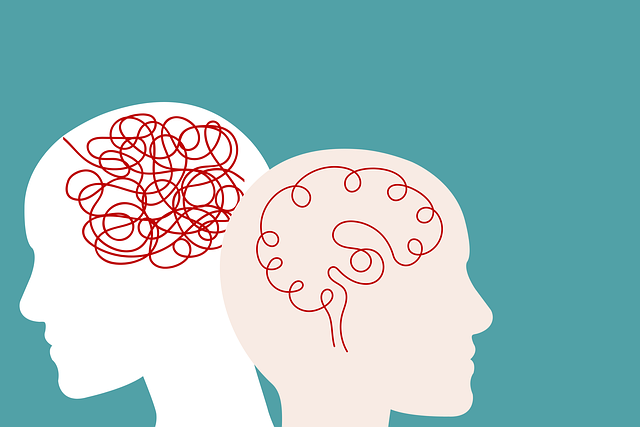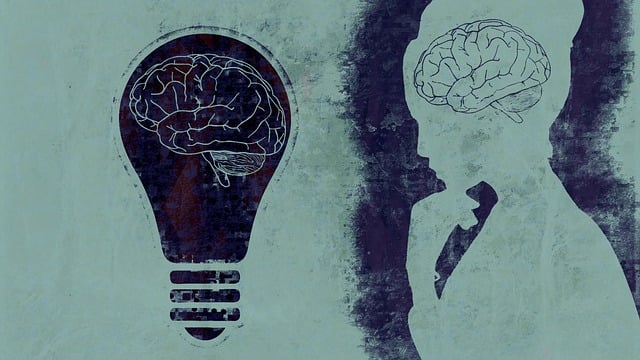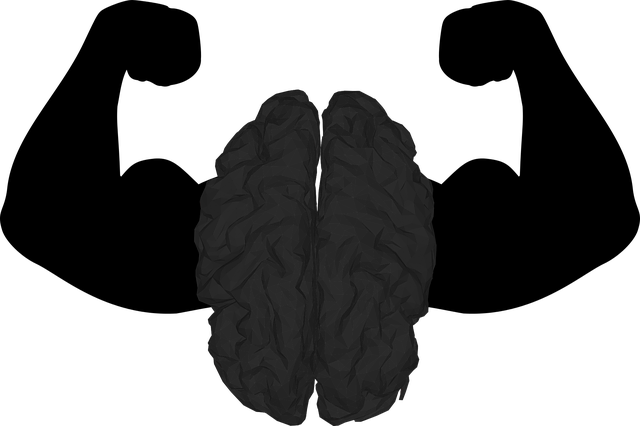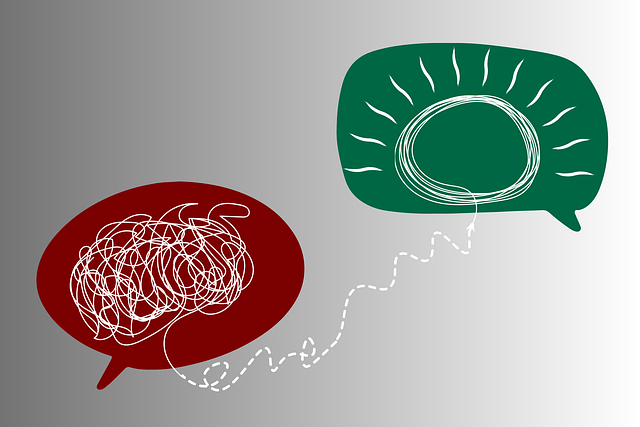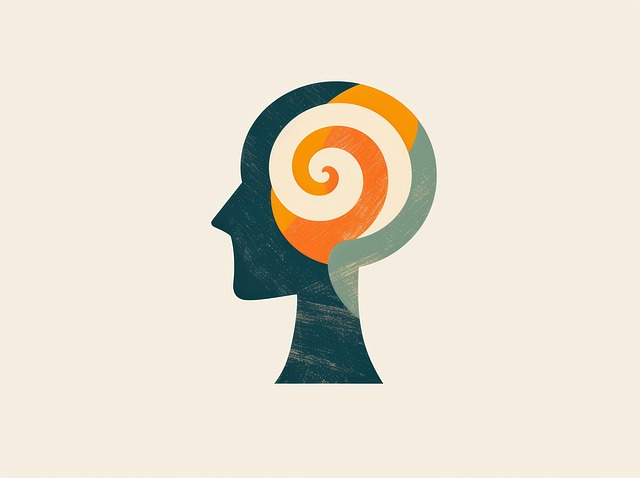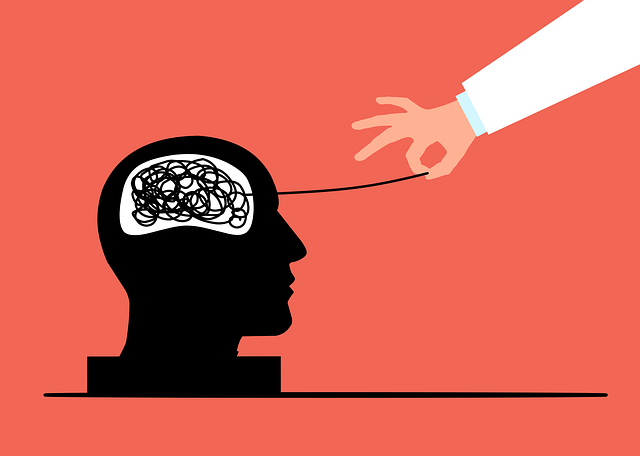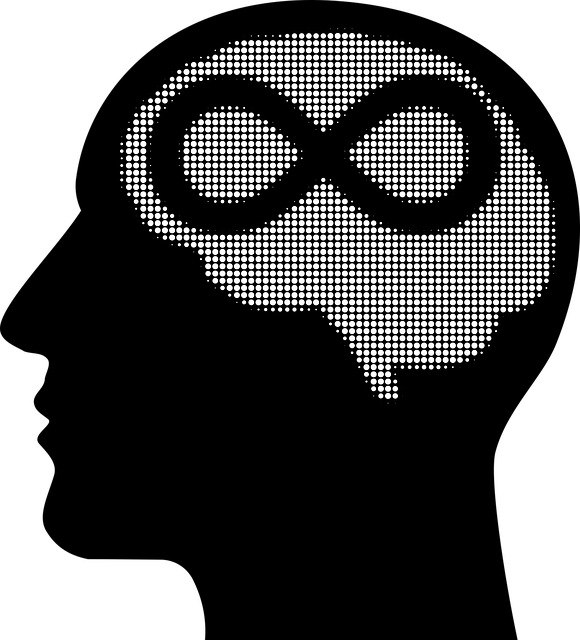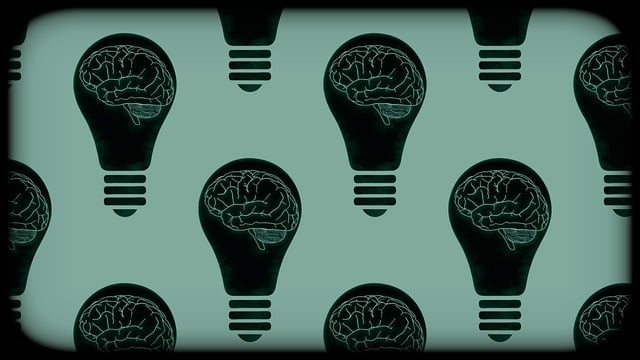Mental Health Crisis hotlines, including services like Wheat Ridge EMDR Therapy, offer vital 24/7 support for emotional distress and mental health emergencies. Trained professionals provide confidential spaces for individuals to discuss anxiety, depression, and suicidal thoughts, offering immediate assistance and coping strategies. Wheat Ridge EMDR combines empathy with Eye Movement Desensitization and Reprocessing to process traumatic memories, reduce anxiety, and alleviate depression symptoms. These hotlines connect individuals to suitable care based on their needs, integrating evidence-based practices and specialized therapies, and aiming for long-term mental health management while fostering a compassionate support ecosystem. Reaching out is a sign of strength, offering safe spaces for healing and contributing to a transformed mental health landscape.
Mental health crisis hotline support services play a vital role in empowering individuals facing emotional turmoil. This article explores the importance of these hotlines, delving into specific services like Wheat Ridge EMDR Therapy, which offers specialized treatment. We’ll guide you through accessing and utilizing these resources effectively. Additionally, we’ll discuss the impact and future prospects, highlighting how crisis hotlines are revolutionizing mental health support in today’s digital era.
- Understanding Mental Health Crisis Hotlines
- The Role of Wheat Ridge EMDR Therapy
- Accessing and Utilizing Support Services
- Impact and Future Directions for Crisis Hotlines
Understanding Mental Health Crisis Hotlines

Mental Health Crisis hotlines are essential support services designed to provide immediate assistance and guidance during moments of intense emotional distress or a mental health crisis. These helplines offer a safe, confidential space where individuals can reach out for help, whether they’re experiencing anxiety, depression, suicidal thoughts, or any other emergency related to their mental well-being. Trained professionals on these hotlines offer active listening, empathy building strategies, and coping skills development tailored to each individual’s unique situation.
Wheat Ridge EMDR Therapy, for instance, is a specialized form of therapy that can be facilitated through crisis hotline services. By combining Empathy Building Strategies with techniques like Eye Movement Desensitization and Reprocessing (EMDR), these hotlines help individuals process traumatic memories or stressful events, fostering self-awareness exercises that promote healing and recovery. The goal is to provide immediate relief while also empowering individuals to take the first step towards long-term mental health management.
The Role of Wheat Ridge EMDR Therapy

Wheat Ridge EMDR Therapy plays a pivotal role in addressing mental health crises by employing Eye Movement Desensitization and Reprocessing (EMDR) techniques. This therapy method helps individuals process traumatic memories, reduce anxiety, and alleviate symptoms of depression. By facilitating emotional regulation and resilience, Wheat Ridge EMDR offers a path towards healing and recovery for those facing severe psychological distress.
Beyond acute crisis support, the approach integrates burnout prevention strategies for healthcare providers, emphasizing self-care and emotional intelligence. Recognizing the interconnection between provider well-being and patient care, these strategies ensure that mental health professionals can offer their services with sustained effectiveness and compassion. This holistic perspective not only benefits patients but also contributes to a more sustainable and compassionate mental health support ecosystem.
Accessing and Utilizing Support Services

Accessing support services is a crucial step towards managing and overcoming mental health crises. Hotline services, like Wheat Ridge EMDR Therapy, offer immediate assistance and can connect individuals to specialized therapists or counselors. These resources are often accessible 24/7, ensuring help is readily available during times of distress. Utilizing these services involves simply dialling the hotline number, where trained professionals can provide initial assessments and direct callers to suitable resources based on their needs.
Many support services cater to specific demographics, such as healthcare providers struggling with burnout, emphasizing the importance of self-care routine development for better mental health. Others focus on cultural sensitivity in mental healthcare practice, ensuring diverse communities receive culturally competent care. Remember that reaching out for help is a sign of strength, and these services are designed to provide safe, non-judgmental spaces for individuals to discuss their challenges and begin their journey towards healing.
Impact and Future Directions for Crisis Hotlines

Crisis hotlines have become a vital resource for individuals experiencing mental health emergencies, offering immediate support and a safe space to share their struggles. These services play a crucial role in reducing suicide rates and providing a first line of defense against psychological crises. Over time, crisis hotline organizations have evolved, incorporating innovative strategies like Evidence-Based Practices (EBP) and specialized therapies such as Wheat Ridge EMDR Therapy. This approach ensures that callers receive the most effective and up-to-date treatment.
Looking ahead, the future of crisis hotline support services lies in further integrating technology for enhanced accessibility and training professionals in empathy building strategies, coping skills development, and social skills training. By combining traditional telephone support with digital tools, hotlines can reach a broader audience, especially younger generations who are more tech-savvy. Additionally, investing in comprehensive staff training will enable counselors to handle complex cases more effectively, ultimately improving the overall mental health landscape.
Mental health crisis hotline support services, enhanced by solutions like Wheat Ridge EMDR Therapy, play a pivotal role in offering immediate assistance and long-term recovery guidance. As we look towards the future, continuous innovation and increased accessibility are crucial to meeting the growing demand for these essential resources. By integrating advanced therapeutic approaches, we can ensure that individuals in crisis receive the highest quality care, ultimately improving mental health outcomes worldwide.
